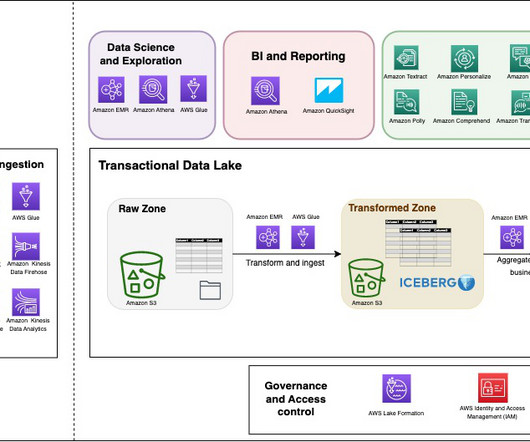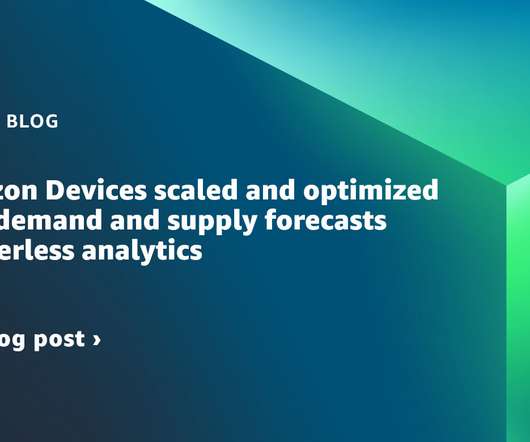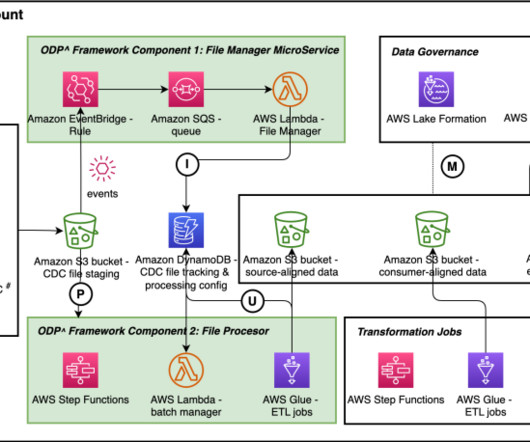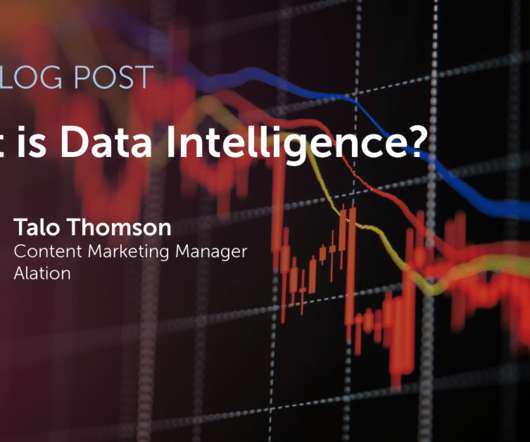Build a serverless transactional data lake with Apache Iceberg, Amazon EMR Serverless, and Amazon Athena
AWS Big Data
MARCH 10, 2023
They enable transactions on top of data lakes and can simplify data storage, management, ingestion, and processing. These transactional data lakes combine features from both the data lake and the data warehouse. One important aspect to a successful data strategy for any organization is data governance.














Let's personalize your content